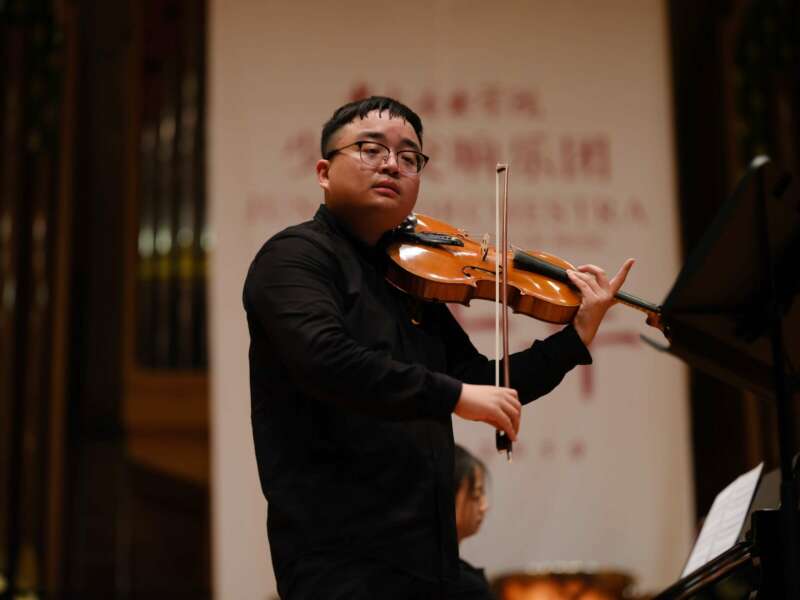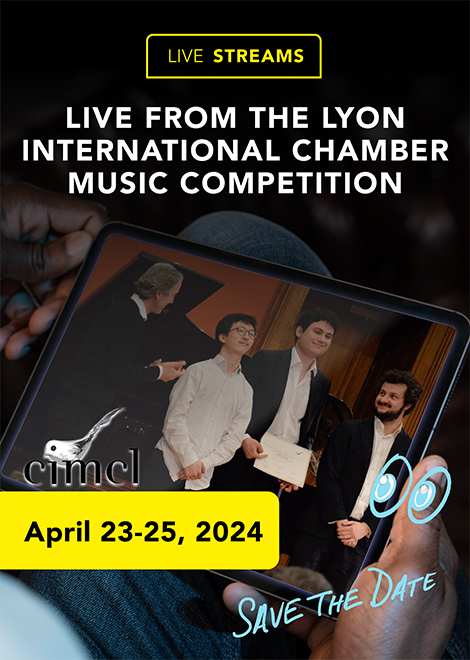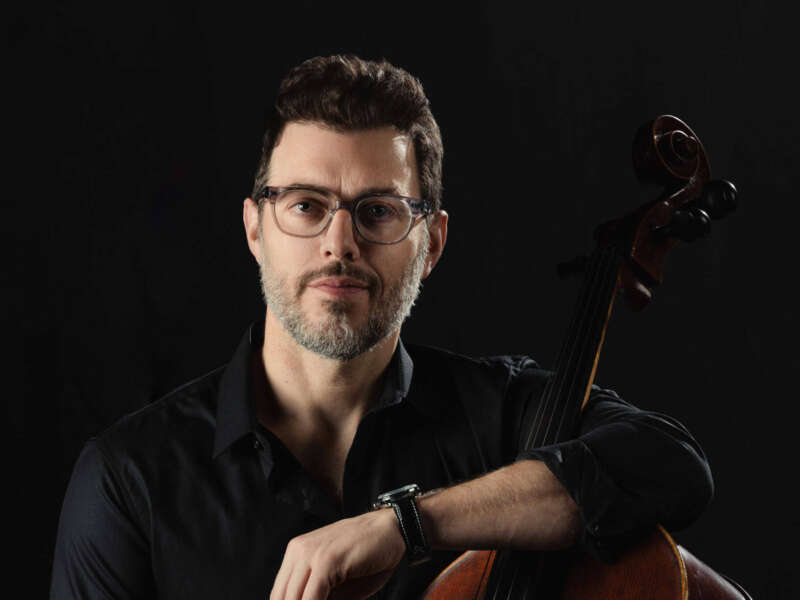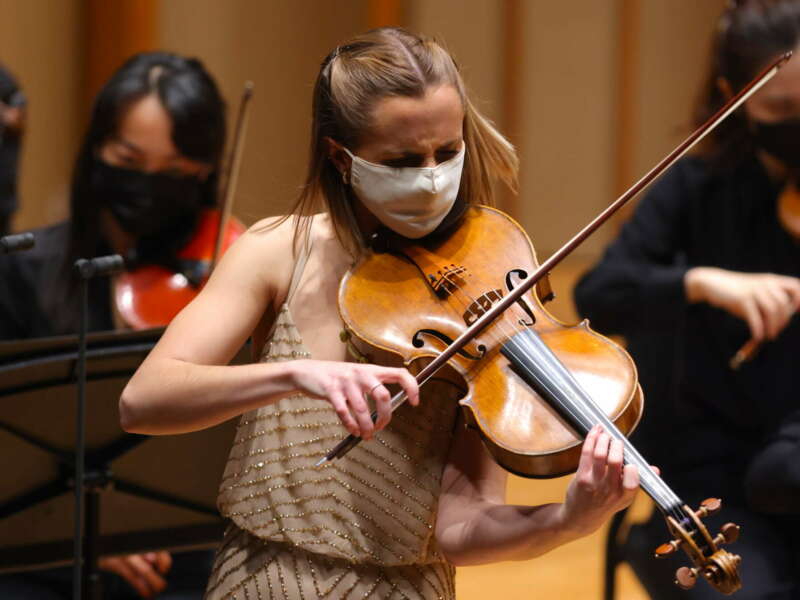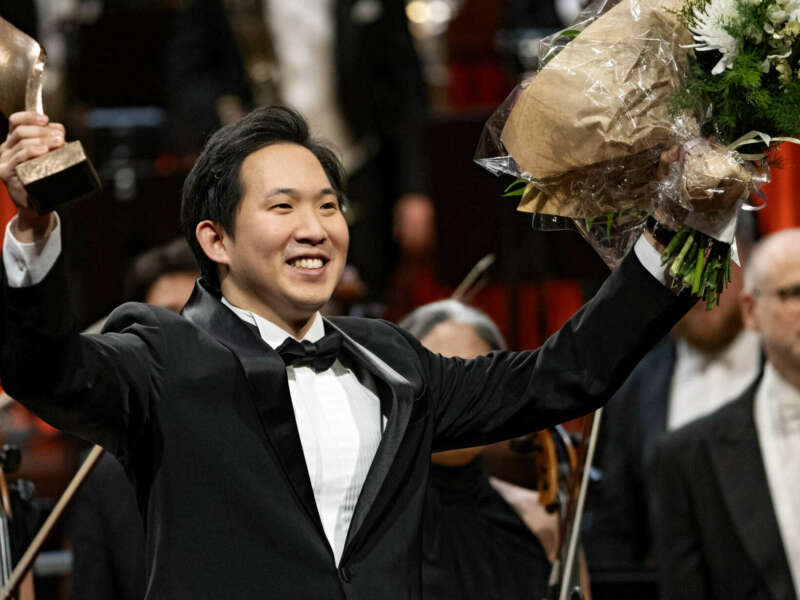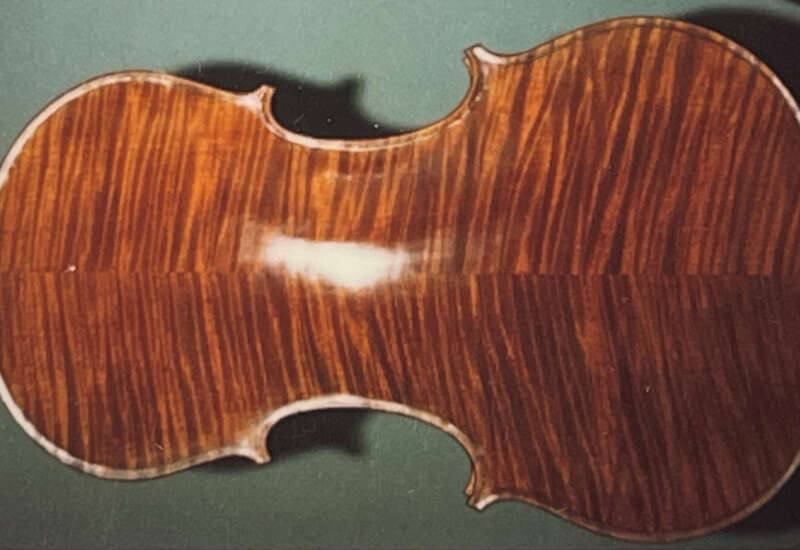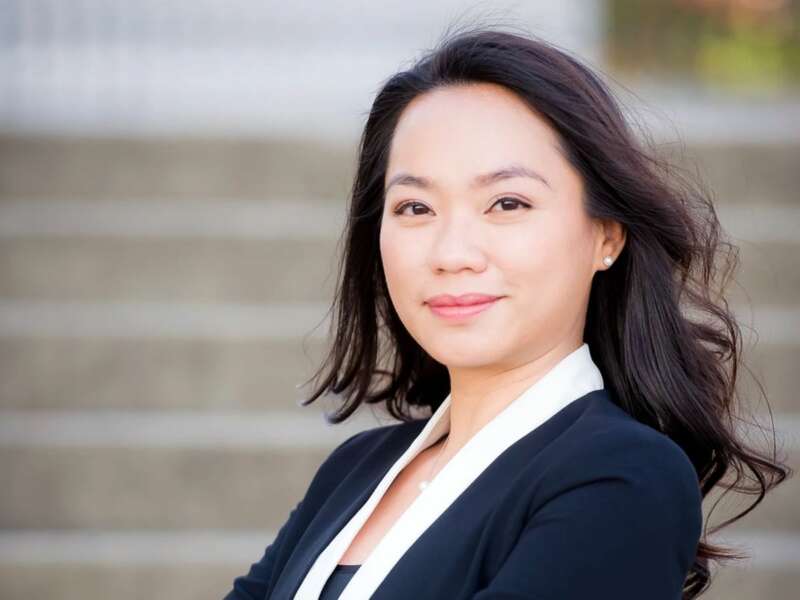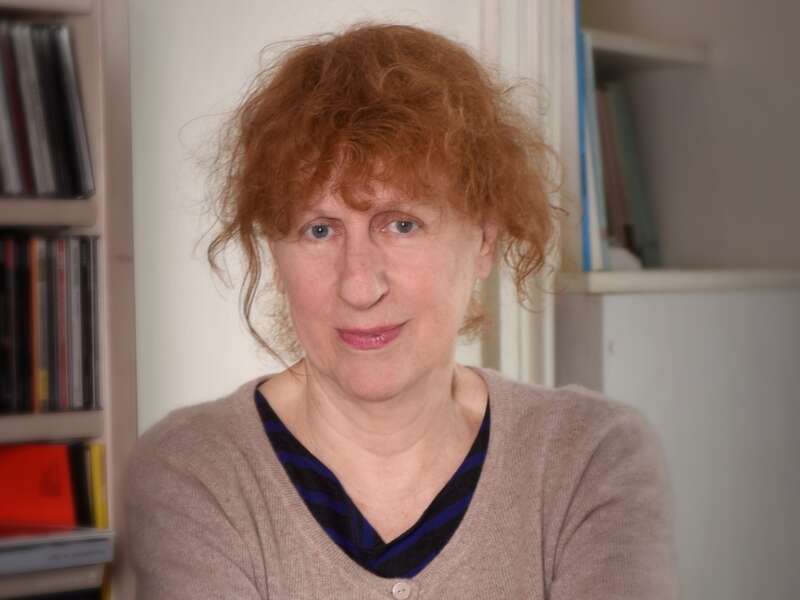Juilliard Removes Robert Beaser from Composition Faculty Following Investigation
Last year, Juilliard engaged independent investigators to review the alleged sexual misconduct in the Composition Department from the late 1990s and early 2000s
In December 2022, journalist Sammy Sussman published a piece in the German-based VAN magazine regarding sexual misconduct allegations against the former chair of Juilliard’s composition department, Robert Beaser.
In his article, Sussman revealed that Beaser “faced multiple, previously-undisclosed allegations of sexual harassment and misconduct from the late 1990s and 2000s.”
A few days later, The Juilliard School launched an independent investigation with the law firm Potter Murdock and swiftly placed Robert Beaser on leave pending its outcome.
In an open letter to the administration of The Juilliard School that same month, hundreds of musicians and leaders in the classical music industry echoed the sentiment for action.
The findings of Juilliard's independent investigation were recently shared with the school's community, outlining its findings and Juilliard's steps of action that have and will take place.
First, the investigation "found credible evidence that Mr. Beaser engaged in conduct which interfered with individuals' academic work and was inconsistent with Juilliard's commitment to provide a safe and supportive learning environment for its students."
Additionally, the investigation states that Beaser "repeatedly misrepresented facts about his actions, in violation of school policy."
Because of these findings, effective immediately, Robert Beaser is no longer employed by The Juilliard School.
According to the New York Times, Beaser's lawyer, Richard C. Schoenstein, denied that his client had misled his employer, citing that the specific relationship took place 30 years ago, and had been known to Juilliard since then.
“Dr. Beaser is shocked and dismayed by Juilliard’s conclusions and actions,” Schoenstein said, adding that Beaser will “pursue his legal rights in full.”
The additional allegations against the late Christopher Rouse, a former composition faculty member were "considered credible, but could not be fully investigated" as Rouse passed away in 2019.
Lastly, the investigation found that until recent years, composition faculty member John Corigliano taught far fewer women than men, but that Corigliano and the school did not have "either a formal or informal policy of excluding women from studying with him."
Overall, however, the investigation reported that from the late 1990s and 2000s, "some students, especially women, experienced an environment in the department that did not live up to the school’s values and expectations."
To further reduce opportunities for the exploitation of power dynamics and empower individuals to come forward, Juilliard will "continue to underscore our no retaliation policies and further clarify anonymous reporting procedures for those impacted by incidents of harassment or bias."
The full letter to the Juilliard Community can be read below:
"Dear Juilliard Community,
We write to share an update on allegations of sexual misconduct in the Composition Department in the late 1990s and early 2000s. Some of these allegations were previously investigated by Juilliard’s administration in the late 1990s and early 2000s and again in 2017-18 and were handled based on their understanding of the information provided at that time. However, to review new information reported in the media and to better understand the relevant facts, our administration launched an independent investigation in December 2022 and placed composition faculty member Robert Beaser on leave pending its outcome.
In sharing this summary of the investigation’s findings and the resulting actions being taken, we are balancing transparency with the privacy and confidentiality interests of those who participated. Their participation was critical to the investigation’s ability to obtain facts and the school’s ability to take the appropriate actions.
Investigation and Findings
In December 2022, Juilliard engaged independent investigators from the law firm Potter Murdock to undertake a comprehensive review of the alleged sexual misconduct in the Composition Department from the late 1990s and early 2000s. Their work included interviews with Juilliard alumni, students, staff, faculty, and others with knowledge of the matter, as well as a review of current and past policies, and other documents and information related to the allegations.
Regarding allegations against Robert Beaser, the investigation found credible evidence that Mr. Beaser engaged in conduct which interfered with individuals' academic work and was inconsistent with Juilliard's commitment to provide a safe and supportive learning environment for its students. Furthermore, the investigation found that an unreported relationship violated policy in effect at that time. The investigation also found that Mr. Beaser repeatedly misrepresented facts about his actions, in violation of school policy.
The investigation also received concerning allegations against former composition faculty member Christopher Rouse of unwanted sexual advances and comments. The allegations were considered credible, but could not be fully investigated; Mr. Rouse died in 2019.
In regards to composition faculty member John Corigliano, the investigation noted that until recent years, far fewer women than men were taught by Mr. Corigliano. The investigation did not, however, find that he or the school had either a formal or informal policy of excluding women from studying with him.
Finally, the investigation reported that in the time period in question some students, especially women, experienced an environment in the department that did not live up to the school’s values and expectations.
Juilliard’s Conclusions and Action Steps
We are troubled by the information the investigation received about the Composition Department in the late 1990s and early 2000s and dismayed by the negative impact on individual students from that time. In response to what we have learned we are taking several actions.
First, the school is removing Robert Beaser from the composition faculty. Effective immediately, Mr. Beaser is no longer employed by the school.
Second, the school will strengthen several existing policies. Currently, the school prohibits amorous or sexual relationships between faculty and undergraduate students and such relationships between faculty and graduate students where a power imbalance might be exploited (such as coexisting in the same department). Starting this fall, the school will strengthen this policy to prohibit all such relationships between faculty and students. In addition, we will continue to underscore our no retaliation policies and further clarify anonymous reporting procedures for those impacted by incidents of harassment or bias. These changes are intended to further reduce opportunities for exploitation of power dynamics and to encourage and empower impacted individuals to come forward.
Third, the school recognizes the leadership role it plays in helping to address historical inequities in the field of composition, and has been working to address these inequities over the last years through artistic programming, mentorship initiatives, and artist residencies. We reaffirm our commitment to this ongoing work, both in composition and throughout the school.
Other Existing Policies and Procedures
In addition to the above, the school’s previously adopted policies require that all one-on-one lessons take place on campus and the physical campus now includes windows in all doors to teaching studios. Faculty and staff are required to participate in annual sexual harassment training and they are offered additional workshops on unconscious bias, power dynamics, and other topics relating to equity, diversity, inclusion, and belonging (EDIB).
Since the period in question, the school has established a formal Title IX office in compliance with school policies and state and federal law, and which is regularly reviewed for its effectiveness. The school has also established an EDIB office providing resources for students, faculty, and staff. Additionally, the school offers free counseling services to all students through the counseling office, and to faculty and staff through employee assistance programs (see resources below).
Juilliard is committed to providing a safe, supportive, and welcoming environment for all members of our school community, and to addressing concerns past and present. No form of discrimination or harassment is tolerated and we take all allegations reported to us seriously. While we recognize it can often be difficult to bring these matters forward, if you witness or experience sexual misconduct at Juilliard, please contact our Bias Response and Title IX Office.
Sincerely,
Damian Woetzel
President
Adam Meyer
Provost"
april 2024
may 2024




